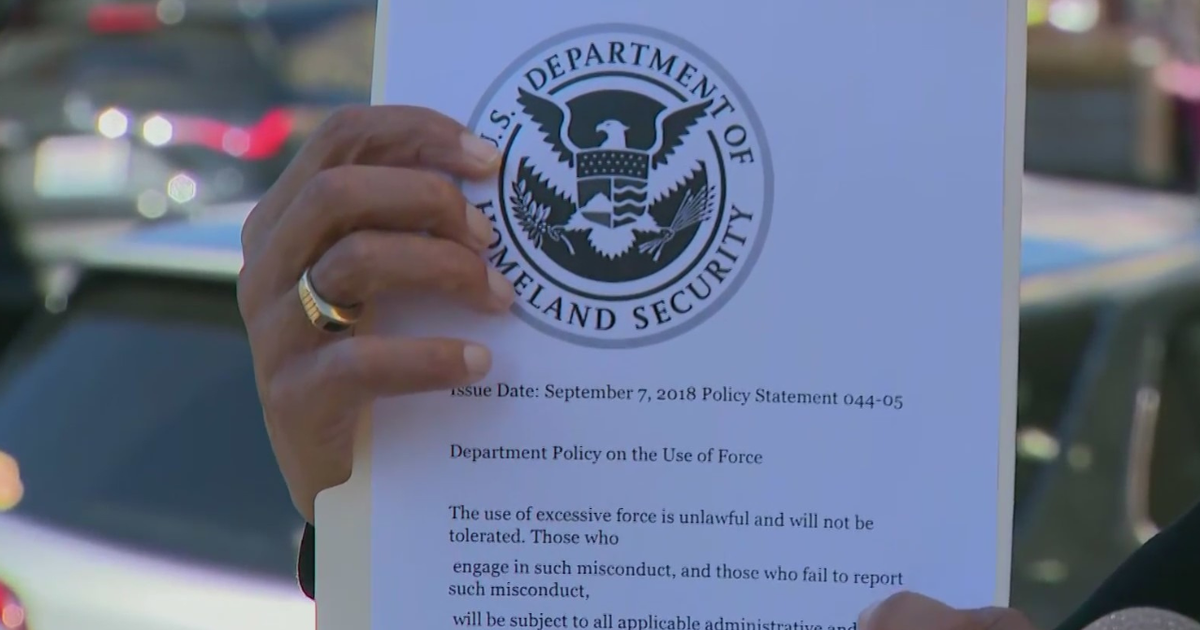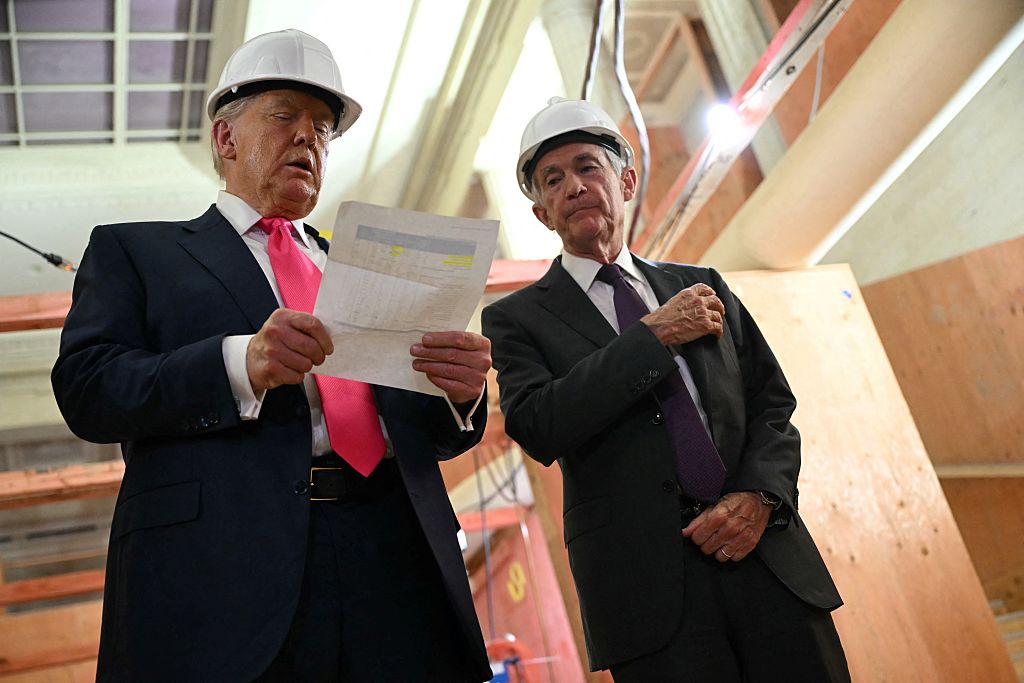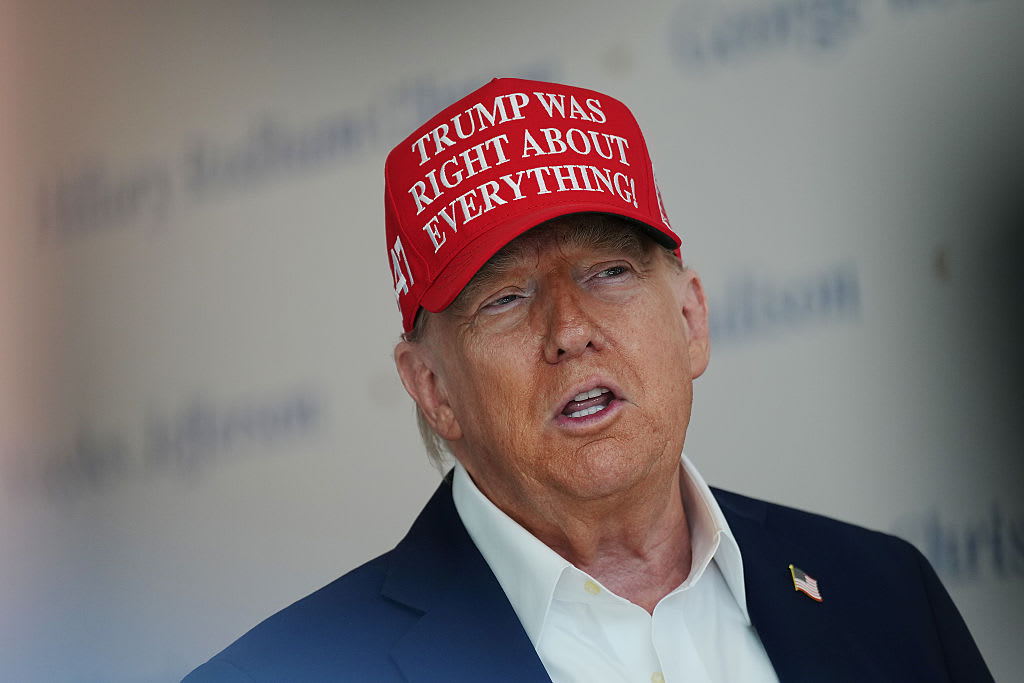What can Americans expect for the economy in 2024?
Although fears of a U.S. recession loomed over much of 2023, a resilient economy surprised forecasters by gaining speed on the strength of robust consumer spending and solid job gains.
So what can we expect for 2024? Here's what one financial pundit had to say.
"The funny thing about 2024 is that there's nothing entirely new under the sun," said Javier David, managing editor, business and markets, at Axios and a CBS News contributor. "Most of the themes include a continuation of what was the last year. They're all interconnected — inflation, Fed policy and response, jobs market, recession fears."
Federal Reserve Chairman Jerome Powell in December hinted at interest rate cuts in 2024 as inflation cools. That spark of hope has led some economists to speculate on not if, but when those rate cuts may begin. Despite a strong December jobs report, a potential inflation risk if the economy continues to run hot, many experts remain optimistic that the central bank will lower rates this year.
Still, David cautioned that there may be many bumps ahead for the economy on the road to possible interest rate cuts.
"So the thing here that everybody needs to keep in mind is inflation has been tamed, the preferred gauge the Fed watches is floating around the Fed's target of 2%, but the risks are still there, and that's particularly because consumers have continued to open up their wallets and add to their credit card debt," he said.
Consumer spending rose at a 3.6% annual rate from July through September in 2023, and shoppers continued to open their wallets for the holidays despite the fact that many Americans say they're spending more than they earn. That aligns with 2023 data from the Federal Reserve Bank of New York that shows consumers owe a record $986 billion in credit card debt, up 17% from 2022.
"The paradox is everyone expects the Fed to cut, but they're only going to do so unless conditions turn recessionary. Currently, they are not," said David, who emphasized the correlation between robust consumer spending and the economy's strength.
"We should all thank our lucky stars that the American people continue to spend, because our economy is two-thirds consumer spending ... that's what's driving this train, that's what's keeping the jobs market afloat, that's what's keeping companies from mass layoffs."
Even if consumers rein in spending and the economy slips into a recession, he said, there's a good chance it will be mild.
"We're entering 2024 much like we entered 2023. Everyone was fearful of a recession. People think a recession will happen, but all recessions aren't created equal. We could see a downturn. We don't have to see a repeat of 2020 or 2008, which were pretty extreme Black Swan events that really created tough economic conditions. So we could see a softening without a collapse in economic activity."
What's the biggest X factor for the economy in 2024? That would be the outcome of November's national election, according to David.
"I'm not in the predictions game, but I do think things are going to get dicey closer to the elections. And the election is arguably the biggest wild card and the only real unknown hanging over the 2024 economy. So I do think we'll see a Fed cut in the second half, but not before then."





